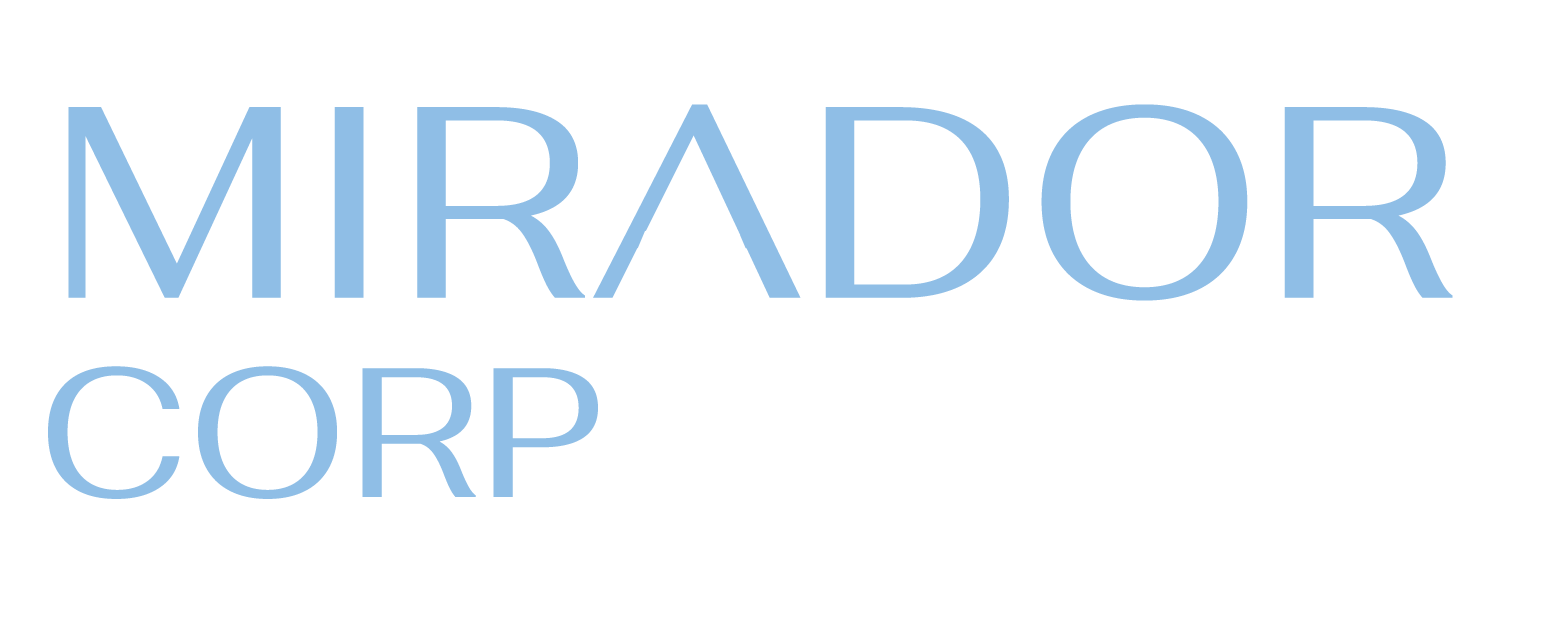Mirador Real Advice Blog
Alternative Minimum Tax
April 16, 2024
The two certainties to life – death and taxes. And we will add a third certainty; if you make more money the government will try to find a way to take more of it!
Alternative Minimum Tax (“AMT”) generally applies to individuals or trusts with high income who are able to take advantage of various deductions and credits to reduce their taxes payable in a given year, in some cases by a significant amount.
Knowing that the 2023 federal budget proposed changes to how AMT is calculated that will result in higher AMT payable when passed into law, Mirador’s portfolio manager Stan and I approached our long-term client Alicia in early August 2023 to ensure that she was contemplating how the changes might affect her.
Alicia is an oil company executive earning $425,000 a year in salary and bonuses. Her sizeable non-registered investment portfolio had already generated $250,000 in capital gains by July 31st. In addition to her investment portfolio managed by Mirador, Alica also holds 15,000 shares of a company she used to work for, which have a deferred stock option benefit attached to them with a current value of $600,000 and she owns shares in her family business which her tax advisor had previously confirmed is a private Canadian company qualifying for the lifetime capital gains exemption. In our meeting with Alicia, we learned that Alicia’s family was contemplating selling the family business and Alicia would realize a capital gain of $1 million if the deal went through and there was a good possibility it would close before year end. Further, Alicia mentioned that she was no longer emotionally tied to holding onto the shares of the company she used to work for and was now open to Stan’s recommendation of selling the 15,000 shares.
During the discussions, I pointed out that the deferred stock option benefit must be included in income when the underlying shares are sold, so if all 15,000 shares are sold before the end of the year, the entire $600,000 deferred stock option benefit would have to be included in income. For regular income tax calculations there is a stock option deduction of 50% (because the shares vested before 2021) which would soften the blow, but there would still be additional income taxes owing. Because the family business is a qualified small business corporation, Alicia could utilize her lifetime capital gains exemption to offset the entire gain, so there would be no incremental regular income taxes owing.

However, I then brought up AMT, explaining that AMT is a parallel tax calculation which allows fewer deductions, exemptions, and tax credits than regular income tax rules and applies a flat tax rate instead of a progressive rate. Individuals or trusts are sometimes surprised by AMT as they must pay the greater of taxes owing using the regular income tax calculations and the AMT calculations. I then explained that the stock option deduction as well as the capital gains rate and lifetime capital gains exemption were all targeted by the AMT calculations and that if the 2023 federal budget was passed into law, the AMT might be even more onerous for her. High income taxpayers with income greater than the basic AMT exemption amount, where a significant component of their income is comprised of taxable capital gains, stock option benefits or who make significant donations each year will be particularly impacted. Here are a list of situations that may result in having to pay minimum tax Minimum tax – Canada.ca
I did some “back of the envelope calculations” and quickly determined that if the changes proposed to AMT in the 2023 federal budget were passed into law, then if Alicia sold all 15,000 shares and the sale of her family company closed before year end, then Alicia would in fact, have to pay AMT because it would exceed regular taxes owing. I acknowledged that the additional tax paid due to AMT may be carried forward 7 years and is credited against regular tax to the extent that regular tax exceeds AMT in those years, but felt that with some planning, we could potentially eliminate Alicia having to pay AMT at all.

I suggested a couple of ways to reduce the AMT that would be owing if the changes to AMT proposed in the recent federal budget were passed into law: Alicia could sell a portion of the shares (eg. 5,000) with a deferred stock option benefit in 2023 and she could request that the buyer of her family company shares hold back payment of 25% of the proceeds until early in the new year so that Alicia could push some of the capital gain into 2024. This would in effect eliminate AMT owing as regular income taxes would be greater than AMT. However, I was clear that Stan always says “don’t let the tax tail wag the investment dog” so there needed to be a thorough discussion of both investment and business considerations.
In the end, Alicia ended up selling 5,000 of the shares with the deferred stock option benefit and the sale of the family business was structured so that Alicia received 65% of the proceeds in 2023, with the final 35% due by the end of March 2024. In November 2023 the federal government excluded the proposed changes to AMT from its motion to implement measures from the 2023 budget so Alicia could have sold all 15,000 shares and received 100% of the proceeds for her family company shares without incurring AMT. However, in the end she still ended up deferring regular income taxes owing to 2024 which will have a positive impact on her overall wealth.

I consulted with Stan the Mirador portfolio manager regarding the remaining 10,000 shares. He suggested that we develop a plan to write calls on the remaining shares. This would allow Alicia to gradually reduce the holding, therefore delaying the taxes owed, reduce the risk of a single sell decision, and supplement the total revenue from the position with substantial call premium. Call writing is a low-risk strategy that can provide substantial extra income if the best parameters are used. Stan started writing calls on lots of 3,000 shares with the minimum call premium being 4%, and the annualized called and non-called returns being greater than 20% and 10% respectively. Stan selected call option expiry dates to delay taxes owed as much as possible while maintaining the excellent return parameters of the covered writing strategy. Call writing or covered writing is an important aspect of Mirador’s Triopay income fund. See our website for more information on covered writing. Please call us or respond to this email if you are wondering if covered writing might be a good strategy for you.
Do you have questions about AMT and how it may impact you? Even though the proposed changes to AMT have not yet become law as of the date of this blog, the government has indicated they remain committed to implementing the AMT reform. Although the timing of implementation is unclear, it is important to understand how the AMT reform may affect you.
Mirador’s holistic approach to wealth advice and investment management takes into consideration your unique situation, specific goals, and needs. We would be pleased to provide you with our unbiased, independent wealth advice for your unique personal situation. Feel free to respond to this email or call me at 403-978-6798.
Joyce Clarke, CPA, CA
Making Investors’ Lives Better
